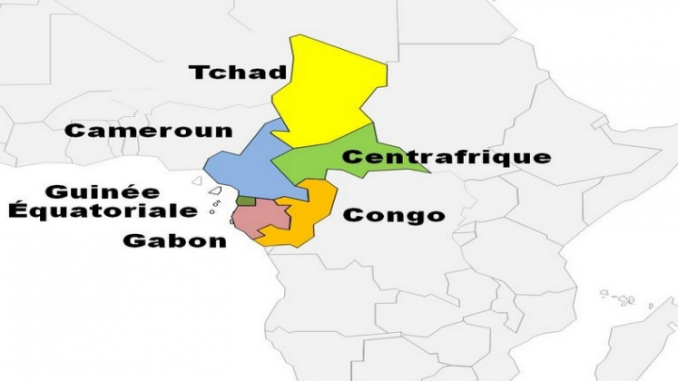The coalition government ruling in India is in the middle of another corruption scandal. Indeed, India’s comptroller and auditor general (CAG) has after scrutinous examination, accused the government of losing 210 billions dollars in potential revunes by giving discounted coal fields to top industrialists and giving some of these companies “undue benefits”.
This latest scandal is likely to impact India’s credibility abroad and deter foreign investors at a time when the Indian economy is already struggling.
The 110-page report alleges that 155 coal blocks were sold without an auction between 2004 and 2009, and the opposition party is demanding a probe into the matter. A BJP leader told Times of India:
“The coal allotment scam is a major scam. We demand a CBI probe and a court should monitor the probe. It is a government of scamsters (that is) involved in knee-deep corruption.”
The CAG itself submitted a letter to the prime minister’s office saying this was just a preliminary report and is misleading:
“In fact it is not even our case that the unintended benefit to the allocatee is an equivalent loss to the exchequer. The leak of the initial draft causes great embarrassment as the Audit Report is still under preparation. Such leakage causes very deep anguish.”
Despite the CAG letter, a senior Indian official confirmed the report to the Financial Times and said that it is in fact close to its final draft.
Past scandals
India is the world’s third largest coal producer and has been rocked by a series of mining scandals, recently, former chief minister of Karnataka resigned after he was charged with being involved in a mining scandal. His case is expected to be heard by the Supreme Court today with a ruling expected in April or May.
The coalition government is under significant pressure with assembly elections this year and general elections in 2014. The government has already been implicated in a telecom scam that is said to have cost the government $39 billion. And then there’s the corruption scandal that surfaced around India’s Commonwealth Games. At the time Suresh Kalmadi a politician from the ruling party coalition was accused of taking bribes from contractors.
Impact on the economy
India’s budget for 2012-2013 shows that the government is trying to cut its deficit to 5.1 percent of GDP in 2012, after having missed its target in 2011. Such losses in revenue make it significantly harder for India to meet such targets.
Moreover, India is currently ranked 87th on Transparency International’s 2010 corruption perceptions index. And all of this is weighing on India’s economy. Late last year we reported on India’s economic decline and wrote that foreign investors were pulling out of India in part because of corruption. SocGen analyst Joseph Lau said last November:
“General elections are not due for a while, but public outrage at alleged corruption and the government’s poor handling of the situation raise the risk of an early return to the ballot box. For now, the appetite for new polls is low even among opposition parties, but an improvement in political leadership and visible action to address public concerns (including inflation and delayed economic reforms) are needed to restore creditability to the government.”
Lau’s point is important. The government is losing credibility abroad, and reports of corruption are only going to keep investors away.








